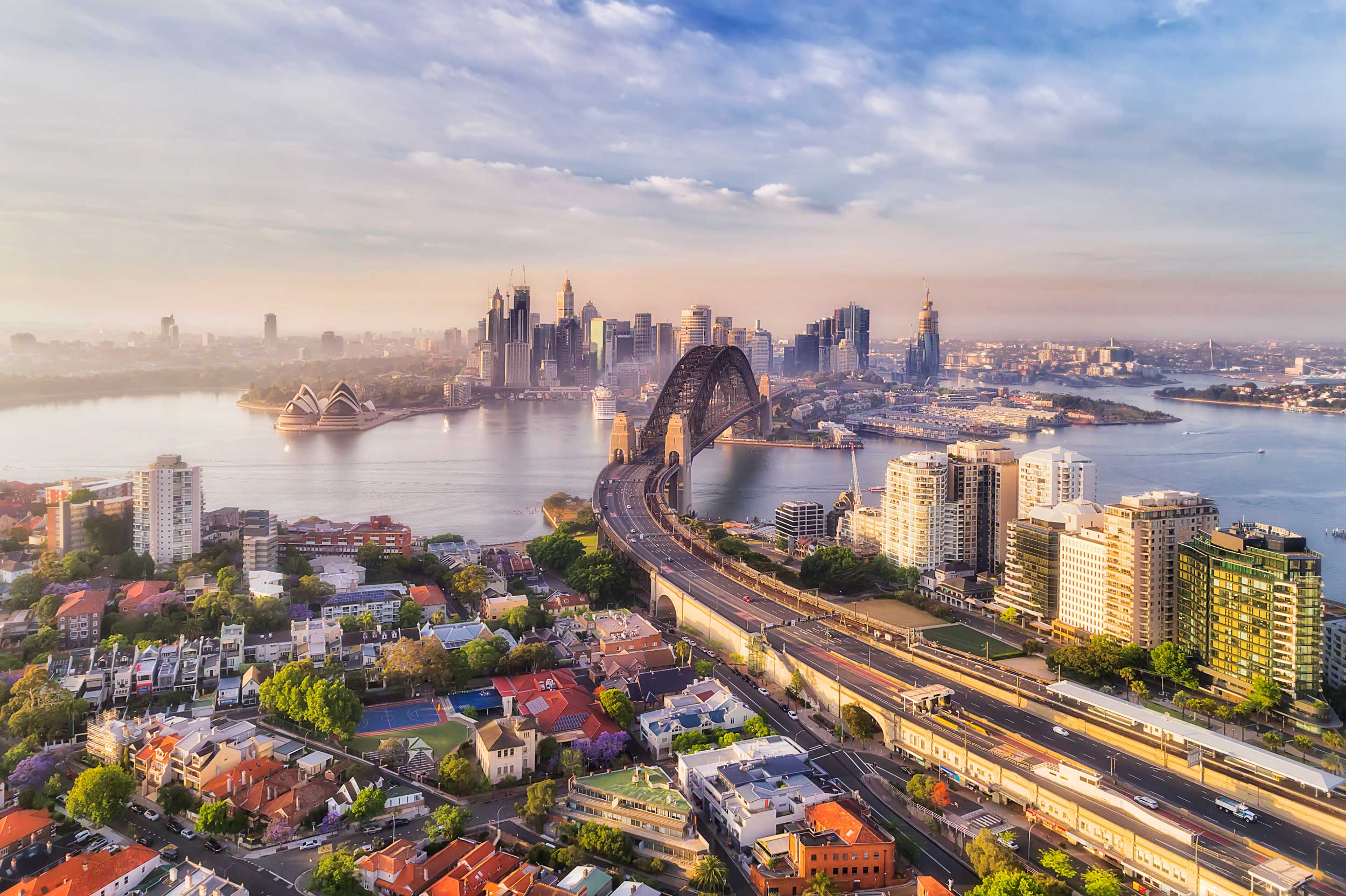REDFERN: Australia’s oldest First Nation’s owned and operated health organisation, the Aboriginal Medical Service (AMS), now has facilities for the early detection of heart disease under the expertise of Dr Rajesh Puranik.
A $220,000 grant from the Albanese Labor Government has helped the AMS purchase a new 2D echocardiograph machine, an ECG Machine, a treadmill, and a computer.
Federal Member for Sydney and Environment Minister, Tanya Plibersek, and the Minister for Indigenous Australians, Linda Burney, pledged the support during the 2022 election.
Ms Plibersek returned in April to hear from staff and patients about how the new facilities had improved their lives.
“CEO LaVerne Bellear showed me the new equipment and I met with patients and staff who told me how important it is to have these facilities in Redfern.
“This is just one way that the Albanese Labor Government is taking practical steps to close the health gap between Indigenous and non-Indigenous Australians.”
First Nations people are 1.8 times more likely than non-Indigenous people to die in hospital from cardiac conditions.
“Early detection is very important because it allows us to intervene when Aboriginal people are younger, when we can make a difference and save lives,” Ms Bellear said.
“There’s half a dozen or more young Aboriginal men who appeared healthy but who died from heart disease because their conditions went undetected. When Aboriginal people go to mainstream services or hospitals, especially when they are younger, they may not get the necessary screening,” she said.
“We are now able to provide highly specialised services that will make a difference for Aboriginal people. It will help to close the gap.”
The grant supports the Federal Government’s $424 million 2023 Implementation Plan for Closing the Gap. It includes $150 million – over four years – to support First Nations water infrastructure such as providing safe and reliable water for remote and regional communities.
Ms Plibersek, whose ministerial responsibilities include water, said: “There are towns that are unable to run dialysis machines as there is not enough clean and safe water. There are communities where the heavy metals and minerals in the water are at such concentrations that the water cannot be consumed safely. We want to start to change that with this investment.
“In a country like Australia it is shocking that there are still communities who don’t have a clean and reliable source of drinking water.”






